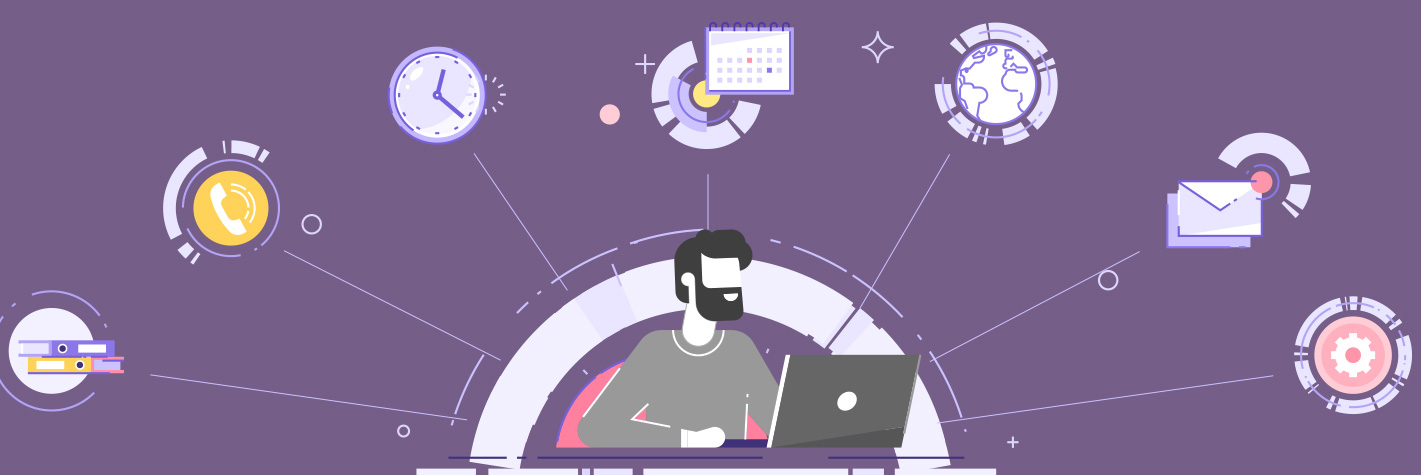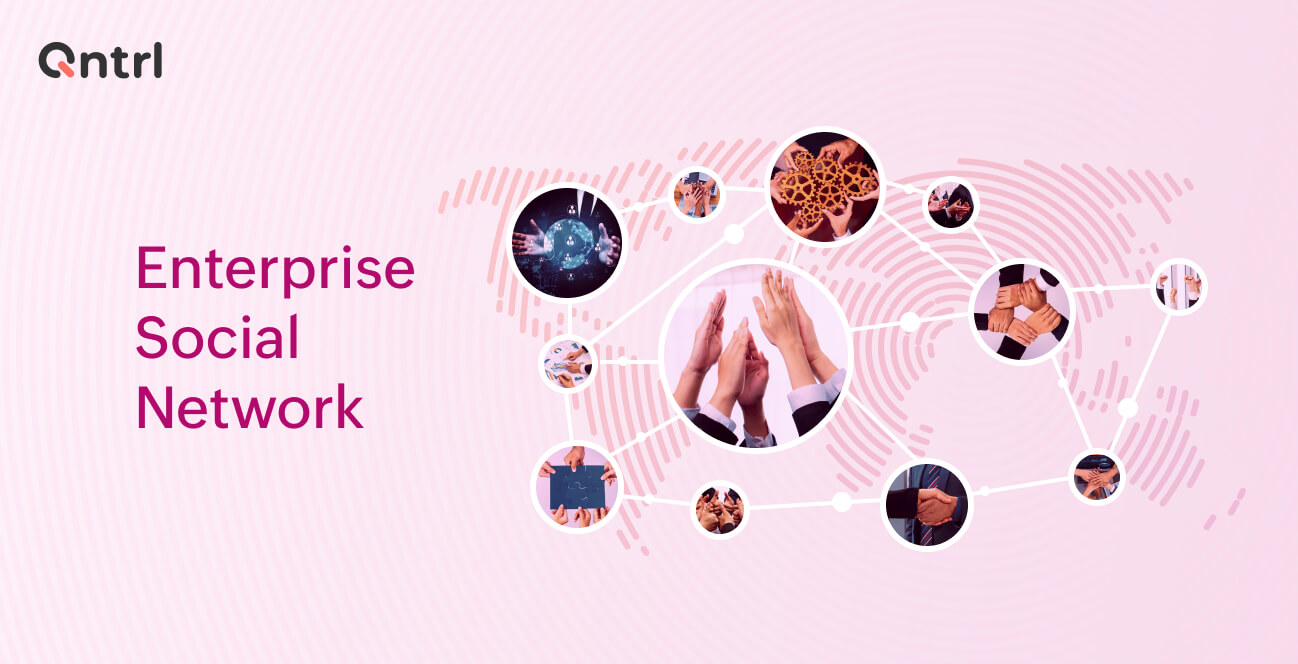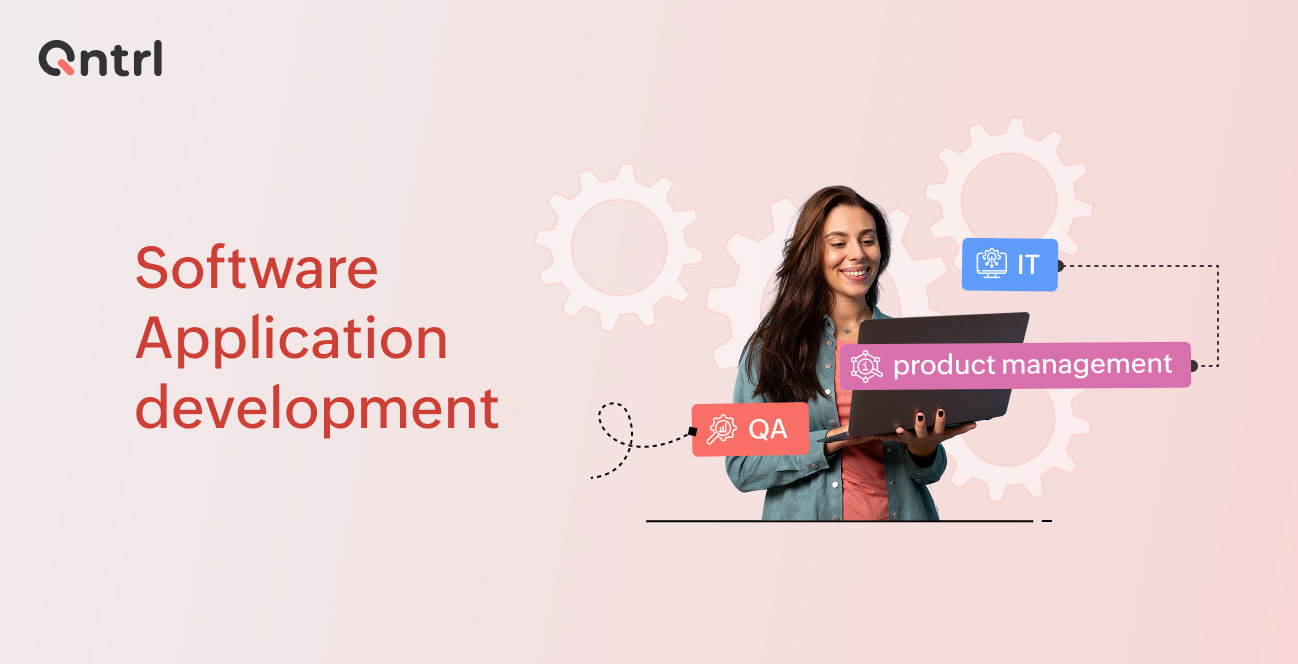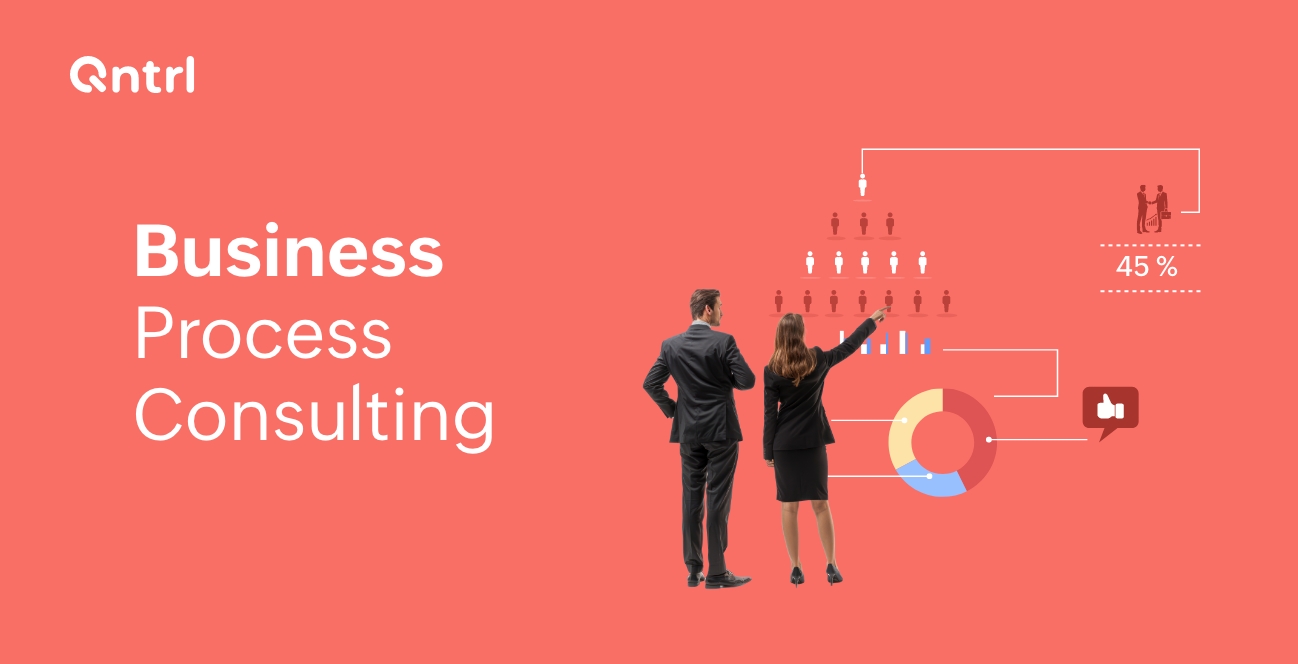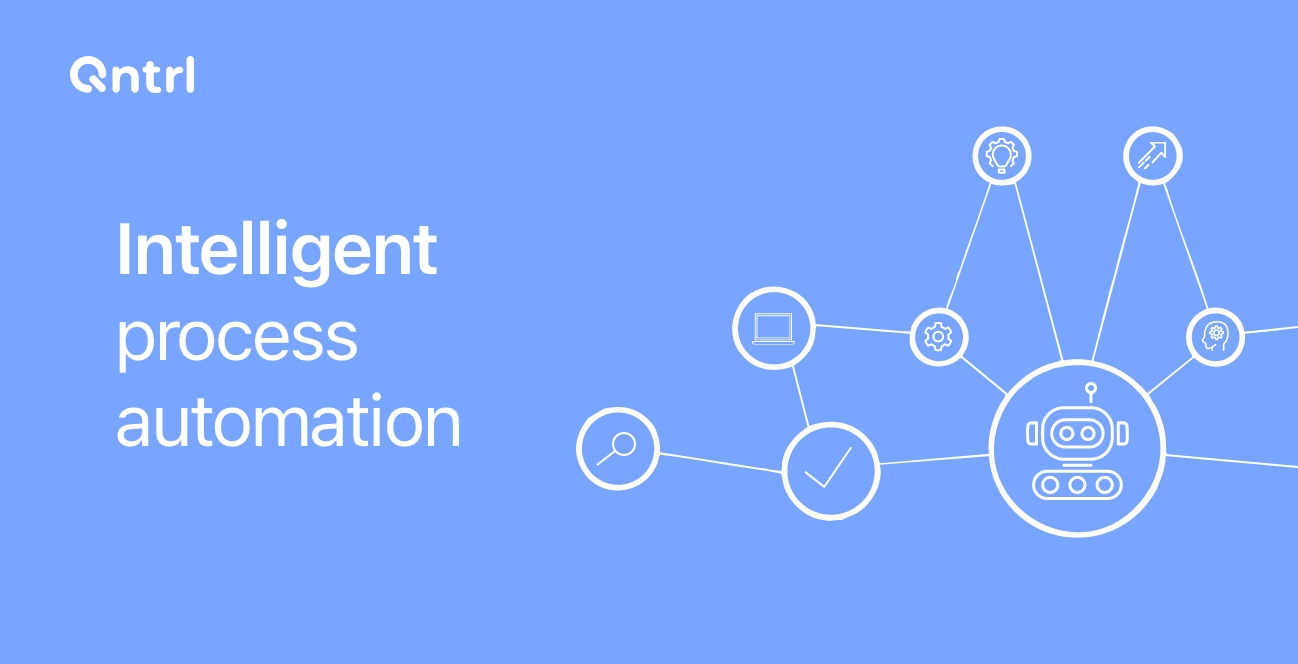Being organized at work is a big advantage. Even if your personal schedule or tasks are a mess, at work, put on your organized hat to be able to produce better, deliver more, and with more quality, without the need to work more hours.
That's because organization at work means that you know:
- Which tasks are under your responsibility and when each one of them is due
- Where to find the correct information you need for your daily tasks
- What the proper process is for each task
- What workflow to follow and at what pace
This article will show you why organization at work matters and will give you some tips on how to get organized in a simple way.
Benefits of being organized at work
You might think we're saying this because "it's the right thing to say," but that's not it. Seriously, being organized at work makes a difference in the quality of what you deliver. And we can prove it!
1. It saves time
If you keep in mind all the tasks you need to do and keep your processes aligned, and a calendar with the right dates, you'll be able to pace yourself and always know what you need to do.
This means that your planning for the day will be better, your prioritization will have quality, and, thus, you'll make more assertive choices. That is, you won't waste time searching for which tasks are most urgent. Did you feel the time saving just in that part?
2. It avoids mistakes
Remember the list from the first part, about what organization means at work? Organized information saves you time and helps you avoid mistakes. When everything is out of order, we tend to get lost and follow mismatched, inaccurate information. Or worse, we take information from the "voices in my head" source. This certainly goes wrong.
Knowing who, what, and when, as well as having it organized for consultation, are essential steps to success.
3. It improves collaboration
If you know who, where, and when, and you have everything up to date, since everything's in order, there's more time to collaborate. Sounds crazy? Well, how many times have you failed to ask for help from someone who would definitely make great contributions, because it was too late in the game? You see where we're going with this.
Often, to collaborate as we need to, we need time. And without organization, there's never time for anything. Including, and mainly, collaborating.
4. It helps you achieve your goals
Now that you've organized yourself, managed to avoid silly mistakes due to lack of a process, and gained visibility over the priority of your tasks, your day is in order. It gives you time to think, plan, and, yes, work towards your goals. The opposite of that other modus operandi of putting out fires is the one that helps us move forward.
How work organization can boost productivity
According to Investopedia, "productivity, in economics, measures output per unit of input, such as labor, capital, or any other resource". McKinsey puts it even more simply, saying that "productivity measures the amount of value created for each hour that is worked in a society". Can you see how it relates to being organized?
When a person is organized at work, they're clear about the tasks they must do and, thus, are able to handle them more easily. It's all there, easy to find, understand, and follow, as we saw in the benefits of getting organized, right?
This means that your organization at work allows you to handle more tasks, using less time and fewer resources, because the responsibilities and flows are clear - in this scenario, you'll hardly ever waste time redoing tasks because you lacked information, which led to the error in the first place. You won't even have to hunt down the details to go about your tasks.
Well, if productivity is the relationship between what's produced and the value it brings, getting organized could only increase productivity, right? After all, organization allows team members to handle more tasks by reducing the use of time and resources and clarifying responsibilities.
4 tips to organize your work routine
Getting organized at work has indisputable benefits, but even so, many people have difficulty with it. It may be because organization, as a rule, is not our standard. It's natural to not think about it, and we know it can be difficult.
So we've put together some simple tips on how to start getting your work in order and reap these benefits without having to wake up at 5am to do it - all in your regular work schedule, ok?
1. Start with a to-do list
Your first step in getting organized is to understand what's on your plate, that is, what you have to do. List all tasks, both the routine ones and the ones that belong to projects that'll only happen once.
With the list in hand, don't start doing things without method or order: it's important to prioritize tasks. You need to put tasks in the order you're going to do them so you know where to start and what deadlines you're dealing with. If you need help, we have an article here on prioritization methods.
2. Do one task at a time
That's right: one task at a time! Multitasking is one of the biggest myths of the modern business world, since it doesn't exist. And it's not just us here at Qntrl who are saying so, okay? This comes from scientific studies.
According to French neuroscientist Jean Philippe Lachaux, our productivity drops by up to 40% when we are juggling multiple tasks. As he explains in this Daily Mail article, we can't really do two or more things at the same time - what we do is keep changing tasks and, with this interruption, we lose focus and speed, which ends up wasting our time.
So, if you've organized your list and ordered it according to priorities, trust your organization and do one thing at a time.
3. Block any distractions
Just saying "stay focused" is too vague? Alright, we're not going to say it like that. But we have to tell you that staying organized includes blocking out distractions. Remember how we're unable to do more than one task at a time? That's it: Focus on the task and don't get distracted.
What does that mean in practical terms? Put down your cell phone, stop answering everyone on the firm's messenger (Cliq, WhatsApp, Slack, Teams, whatever you use), and forget about incoming emails for a sec. Your day has to have slots for tasks - there'll be time to answer messages and emails, time to exchange with colleagues, and time to focus.
If you work in an office, one way to avoid interruptions that slow you down and disrupt your organization is to put on headphones with music. In general, people respect this and leave you alone.
4. Use automatic reminders
Remember that to-do list with your tasks in order? With that, you can place reminders on your virtual agenda, on your cell phone—wherever it's most convenient for you. An example is putting deadlines as reminders on your online work calendar.
As with wine, organization gets better with age
Ok, we know the real saying is better, but you really should dedicate some time to getting organized - we've shown you the main advantages of organizing your tasks and work routine, so we know this will benefit you.
- Start by listing your tasks and organizing them by priority
- Put automatic reminders for the dates of tasks and their deadlines
- Set aside time to do one thing at a time, because no one really multitasks and it'll ruin your organization as it slows you down
- Respect your time, plan ahead to stay organized, and deliver your work with better quality
We hope you enjoyed reading these tips. Now, we want to hear from you: do you already do something that you consider vital to get organized? Great, share it with us here — we'd love to know.
